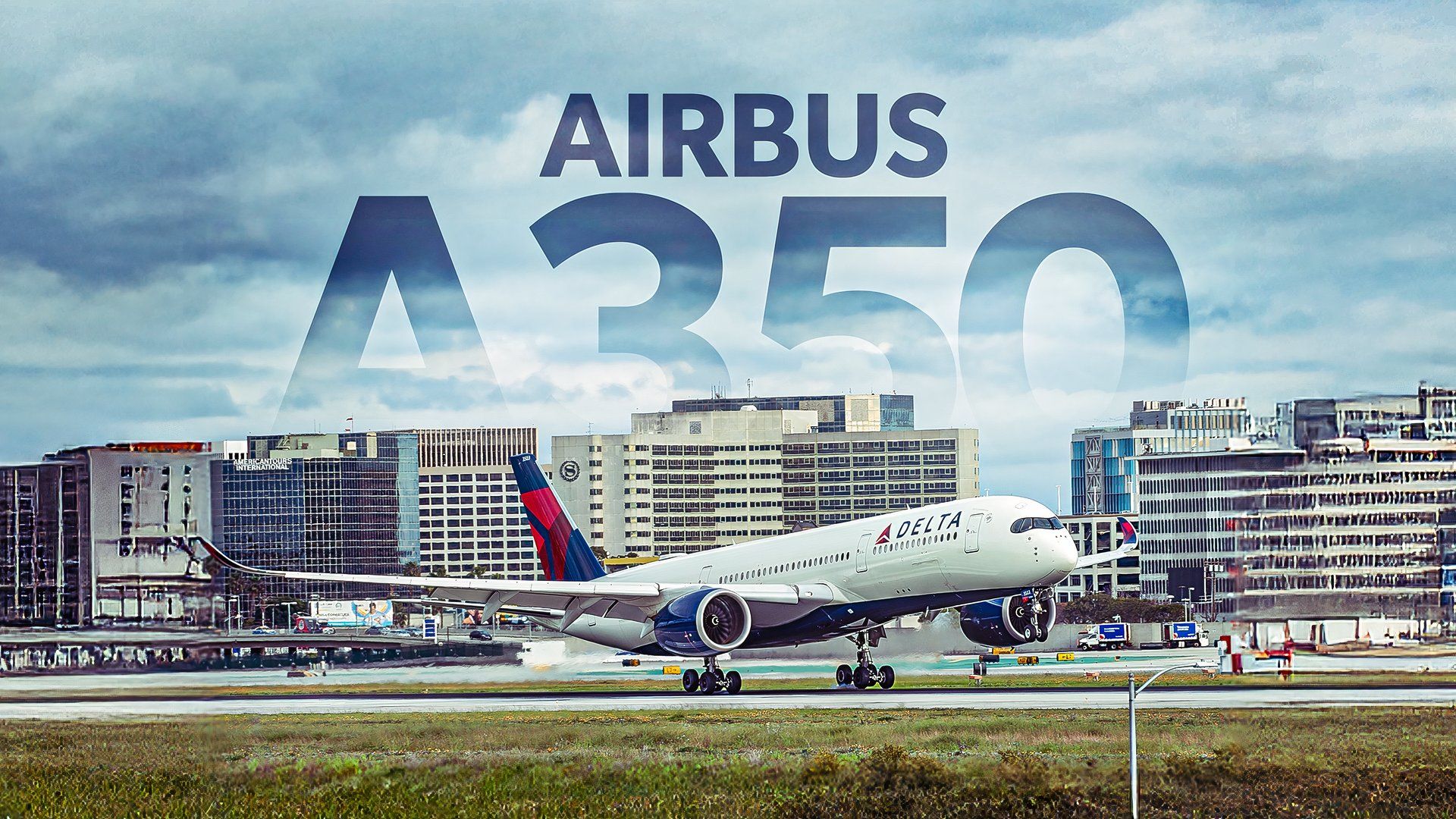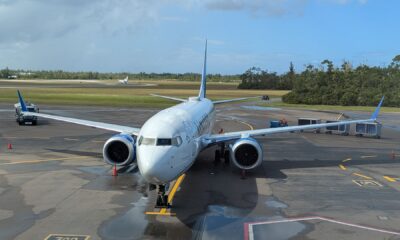World
Delta Air Lines Announces 10 Longest Flights for Winter 2023

The upcoming winter season will see Delta Air Lines implement its new flight schedule starting October 26, 2023, and running until March 28, 2024. This change, influenced by International Air Transport Association (IATA) slot allocations, highlights Delta’s position as a major player in long-haul travel. According to data from Cirium Diio, Delta ranks fifth globally in the number of long-haul services during this period, trailing only behind Emirates, United Airlines, Qatar Airways, and British Airways.
While Delta’s overall flight activity will include long-haul routes, only approximately one in every 25 flights will be long-haul. Notably, the airline’s long-haul services will increase by 3% year-over-year, reaching their highest levels since before the COVID-19 pandemic. This growth marks an increase of over 20% compared to the winter season of 2019/2020.
Delta’s Longest Nonstop Flights This Winter
Among the highlights of Delta’s winter schedule are its ten longest nonstop flights. The most notable is the new route from Los Angeles to Melbourne, which will be operational starting December 3, 2023. This flight is blocked for up to 16 hours and 5 minutes, including time for taxiing and potential delays. The introduction of this route coincides with the peak summer season in Australia and the Christmas holiday period. Delta will compete with Qantas and United Airlines on this route, marking a significant return to the market after Virgin Australia exited in 2020.
Another key route is from Los Angeles to Shanghai Pudong, which is recognized as the seventh-busiest airport globally by aircraft movements. Delta resumed this service on June 1, 2023, after a hiatus since 2020, and will compete with China Eastern and United Airlines for passenger traffic.
The complete list of Delta’s ten longest flights this winter includes:
– 17 hours: Johannesburg to Atlanta (five weekly flights)
– 16 hours 30 minutes: Cape Town to Atlanta (five weekly flights)
– 16 hours 15 minutes: Detroit to Shanghai Pudong (daily flights)
– 16 hours 5 minutes: Atlanta to Seoul Incheon (two daily flights)
– 16 hours 5 minutes: Los Angeles to Melbourne (three weekly flights)
– 15 hours 15 minutes: Los Angeles to Sydney (up to eleven weekly flights)
– 14 hours 45 minutes: Los Angeles to Brisbane (three weekly flights)
– 14 hours 35 minutes: Atlanta to Tokyo Haneda (daily flights)
– 14 hours 20 minutes: Minneapolis to Seoul Incheon (daily flights)
– 14 hours 10 minutes: Los Angeles to Shanghai Pudong (three weekly flights)
All these routes will utilize Delta’s A350-900 aircraft, known for their efficiency and range.
Aircraft Configurations and Historical Context
Delta currently operates 38 A350-900s, each configured differently to accommodate varying passenger demands. The aircraft comes in three configurations: a 275-seat high-premium version, a 306-seat standard layout, and a 339-seat lower-premium configuration found on a limited number of ex-LATAM frames. The 275-seat version is expected to dominate the ten longest flights due to its fuel efficiency and lower operating costs.
Historically, Delta has operated several long-haul flights that have since ceased. Notable routes include Atlanta to Mumbai, which marked Delta’s longest nonstop flight at the time, and Atlanta to Dubai, both serviced by the Boeing 777. Currently, there is speculation that Delta may return to India with the arrival of its A350-1000s.
Delta’s expanded winter schedule not only reflects its recovery from the pandemic but also indicates its commitment to maintaining a robust long-haul service network. The airline’s strategic decisions in route selection and aircraft configuration aim to meet growing demand while enhancing operational efficiency. As the winter season approaches, travelers can anticipate new options and competitive fares on these long-haul routes.
-

 Politics4 weeks ago
Politics4 weeks agoSecwepemc First Nation Seeks Aboriginal Title Over Kamloops Area
-

 World5 months ago
World5 months agoScientists Unearth Ancient Antarctic Ice to Unlock Climate Secrets
-

 Entertainment5 months ago
Entertainment5 months agoTrump and McCormick to Announce $70 Billion Energy Investments
-

 Science5 months ago
Science5 months agoFour Astronauts Return to Earth After International Space Station Mission
-

 Lifestyle5 months ago
Lifestyle5 months agoTransLink Launches Food Truck Program to Boost Revenue in Vancouver
-

 Technology3 months ago
Technology3 months agoApple Notes Enhances Functionality with Markdown Support in macOS 26
-

 Lifestyle3 months ago
Lifestyle3 months agoManitoba’s Burger Champion Shines Again Amid Dining Innovations
-

 Top Stories2 months ago
Top Stories2 months agoUrgent Update: Fatal Crash on Highway 99 Claims Life of Pitt Meadows Man
-

 Politics4 months ago
Politics4 months agoUkrainian Tennis Star Elina Svitolina Faces Death Threats Online
-

 Sports5 months ago
Sports5 months agoSearch Underway for Missing Hunter Amid Hokkaido Bear Emergency
-

 Politics5 months ago
Politics5 months agoCarney Engages First Nations Leaders at Development Law Summit
-

 Technology5 months ago
Technology5 months agoFrosthaven Launches Early Access on July 31, 2025





















